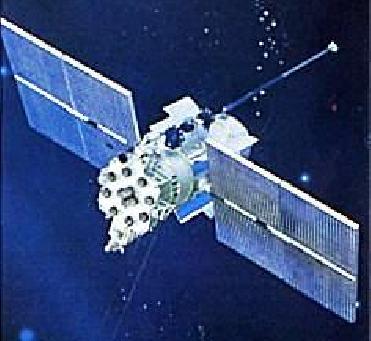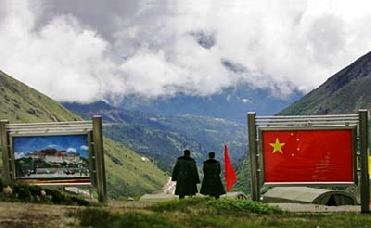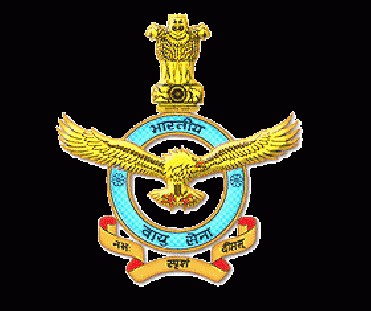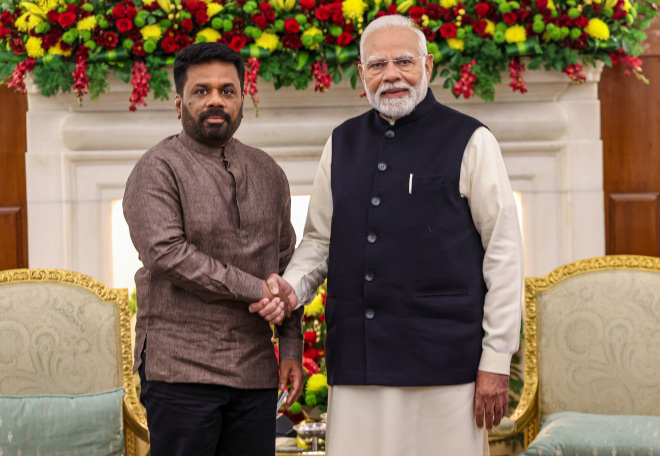
The Global Navigation Satellite System (GNSS) is being progressively used throughout the world to overcome many of the limitations of today’s air navigation infrastructure. With its accurate, seamless, all-weather three-dimensional coverage, GNSS offers a satellite navigation service that satisfies many of the Area Navigation requirements.
The GNSS allows small electronic receivers to determine their location within a few metres using time signals transmitted along line-of-sight from satellites. Receivers on the ground with a fixed position can also be used to calculate the precise time as a reference for scientific experiments.
At present, the United States' Global Positioning System (GPS) is the only fully operational GNSS. The Russian GLONASS is a GNSS in the process of being restored to full operation. The European Union's Galileo positioning system is a GNSS in initial deployment phase, scheduled to be operational in 2013.
The NAVSTAR Global Positioning System (GPS) is a U.S. space-based radio navigation system that provides reliable positioning, navigation, and timing services to civilian users on a continuous worldwide basis -- freely available to all. Galileo is Europe's initiative for a state-of-the-art global navigation satellite system, providing a highly accurate, guaranteed global positioning service under civilian control.
GLONASS
GLONASS (Global'naya Navigatsionnaya Sputnikovaya Sistema or Global Navigation Satellite System) is a radio satellite navigation system, the Russian counterpart to the United States' GPS system and the European Union's embryonic Galileo positioning system. It is operated for the Russian government by the Russian Space Forces.
GLONASS is based on a constellation of active satellites which continuously transmit coded signals in two frequency bands, which can be received by users anywhere on the Earth's surface to identify their position and velocity in real time based on ranging measurements.
 Previous Article
Previous Article Next Article
Next Article













The Indian Air Force, in its flight trials evaluation report submitted before the Defence Ministry l..
view articleAn insight into the Medium Multi-Role Combat Aircraft competition...
view articleSky enthusiasts can now spot the International Space Station (ISS) commanded by Indian-American astr..
view article